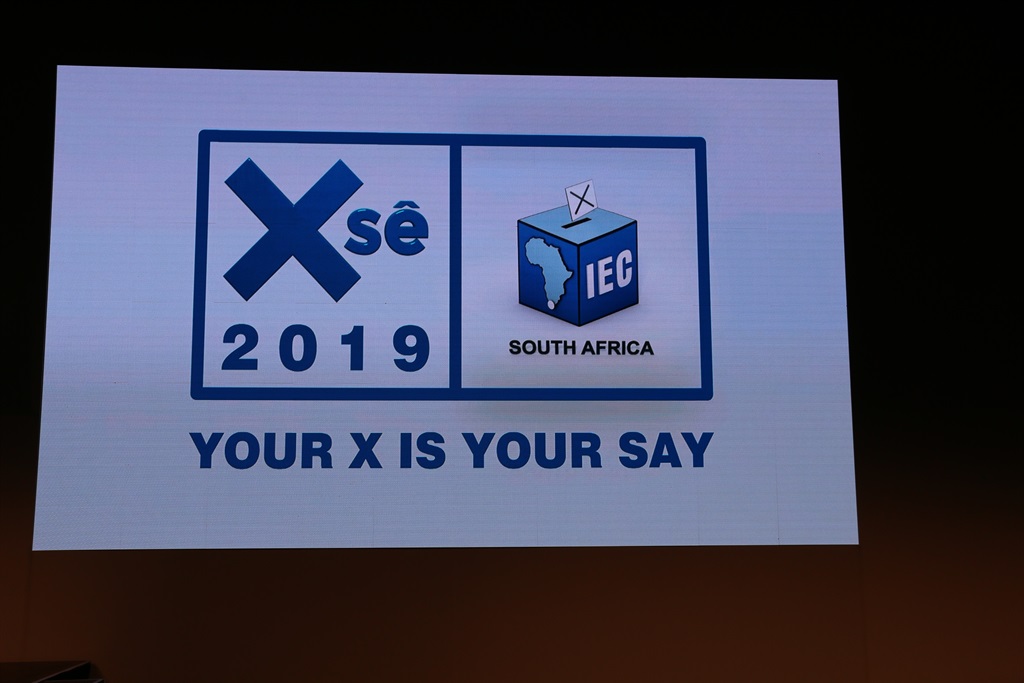
With less than two months to go before the elections, temperatures are rising as campaigning goes into full swing.
Many investors and business people have expressed apprehension about the election and its possible outcome, but this seems unnecessary for a number of reasons.
In the democratic era, South Africa has run five general elections and four local government elections that can only be described overall as free, fair and peaceful, so the voting process should not be of concern to anyone.
What is weighing most on investors’ minds is policy uncertainty and how the election outcome will influence state reform initiatives.
Investors are concerned about policy uncertainty related to land expropriation, nationalisation and prescribed assets. They are also monitoring the promises being made to voters by the main parties, and assessing the possible implications for government spending and economic stability.
Populism is often an easy sell – promise voters immediate gratification without doing the hard yards of fixing underlying problems.
The problem with populist policies is that they may make things better in the short term, but they invariably create massive problems in the long term. Globally, the rise of populism has gained much attention.
The Brexit referendum in the UK is a classic example of this – in 2016, voters were promised utopia if the UK left the EU, yet there is still no resolution. Similarly, US President Donald Trump campaigned on populist measures, including his infamous promise to build a wall along the Mexican border, but his policies so far have mostly benefited billionaires like himself.
PROSPECTS FOR REFORM
On the policy reform front, many commentators have warned that “nothing will happen until after the election”. But this is not true and a lot has happened.
The announcements on the unbundling of Eskom and trimming public service expenditure were made despite substantial union opposition.
Though the Eskom crisis brought forward these announcements, they still happened before the election and that is significant.
So markets remain wary and sceptical, with South Africa’s credit default swap spreads (the cost of insuring against a bond default) higher than Brazil’s, where the new President Jair Bolsonaro also has a reform agenda.
An election with few surprises and a reasonable mandate for President Cyril Ramaphosa to start his first full term could see a positive market reaction.
DON’T TAKE YOUR EYE OFF THE BALL
Investors hate uncertainty and tend to be easily upset by electioneering politicians.
However, it is important to remember that our elections have always been peaceful, the results have been readily accepted and the more sweeping promises of politicians have not necessarily been implemented into policy.
So, amid all the noise leading up to the election, investors must stay focused on their investment strategies and their financial goals.
- Against this backdrop of uncertainty, a poorly performing local economy and disappointing returns over the past three years, investors also need to consider the following:Firstly, about 60% of the revenue generated by the companies listed on the JSE originates from outside the local economy. The outcome of the election will not influence the international prices of these shares, but the currency can move the rand price.
- Secondly, local interest rates offer very attractive yields compared with international yields, including in other emerging markets. Compared with inflation, local interest rates are also extremely good value.
- Thirdly, it is important to remember that, although we are exposed to the local economy and local politics as citizens, taxpayers, entrepreneurs or salary-earners, we can spread our wings globally as investors. Global equity markets are very reasonably priced. Given market consensus views for global company profits for the next year, global equity market valuations are hovering around five- to six-year lows. History suggests that, from these valuation levels, the patient investor could be pleasantly surprised by future returns.
The only sensible way to cope with this uncertainty is to have a diversified investment strategy suited to the individual investor’s financial circumstances and needs. The upcoming election should not alter this approach.
Mohr is chief investment strategist and Odendaal is investment strategist at Old Mutual Multi-Managers




 Publications
Publications
 Partners
Partners








